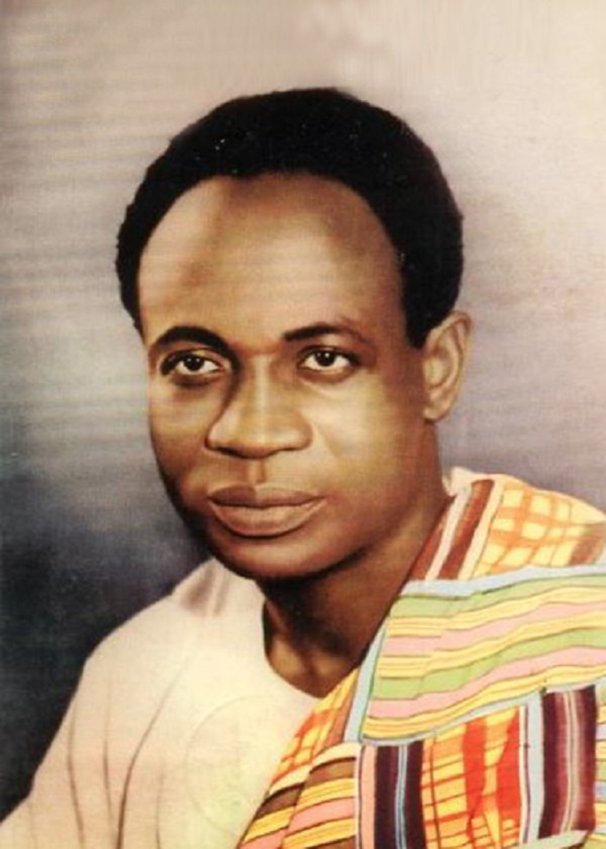
Finance Minister, Ken Ofori-Atta

The government says it is confident of making progress in the country’s final negotiations with the International Monetary Fund (IMF) in respect of the $3 billion support programme for the country.
A statement from the Finance Ministry indicated that “a key prerequisite for a programme is confirmation that Ghana’s debt is on a sustainable path,” adding that this “will require a comprehensive Debt Sustainability Analysis (DSA), which is currently ongoing.”
“Government negotiations with respect to the IMF-supported programme is commencing this week, and we are optimistic about making progress in our discussions,” it added.
The Ministry expressed the government’s commitment to actively engage all stakeholders, both public and private, in a clear and transparent manner as it seeks to fast track the process.
IMF Mission
Another IMF team arrived in the country yesterday to continue discussions with the government on policies and reforms that could be supported by a lending arrangement.
IMF staff, led by Stéphane Roudet, the Mission Chief for Ghana, will also further engage with other stakeholders during the visit.
The last IMF mission to Ghana was between July 6 and July 13, 2022, and was to assess the economic situation and discuss the broad lines of the government’s Enhanced Domestic Program that could be supported by an IMF lending arrangement.
The IMF team met with Vice-President Bawumia, Finance Minister Ofori-Atta and the Governor of the Bank of Ghana.
The team also met with the Parliament’s Finance Committee, civil society organizations, and development partners, including UNICEF and the World Bank to engage over programme for social spending.
Constructive
The team described its mission to Ghana as constructive, announcing that another team would soon visit the country for further engagements.
Speaking during a virtual press conference, Director of Communications at the IMF, Gerry Rice, said “we had an IMF staff team in Accra in July [2022] to begin initial discussions with the Ghanaian authorities. And we characterized that mission as constructive, kick started the process, and laid the groundwork for engagement, which now continues”.
“Our Mission Chief for the IMF also recently visited Accra, again, to meet with key counterparts. And we’re hopeful for another visit in the coming weeks; I don’t have a date for you, but in the coming weeks,” he added.
Commitment
The Managing Director of the IMF recently reiterated the Fund’s commitment to reaching agreement with the government by the end of this year for an economic programme.
According to her, Ghana’s current economic woes is not a self-inflicted one but exogenous shocks such as COVID-19 and the Russian/Ukraine war.
The government is optimistic that the resort to the IMF will help stabilise the economy and restore buffers to make it stronger.
It says it was compelled to approach the IMF because the COVID-19 pandemic had depleted the buffers, throwing the economy into an 11 per cent deficit, against the regulated five per cent deficit level.
President Nana Addo Dankwa Akufo-Addo has assured the nation that his government will negotiate a good deal that will favour the country, and extricate it from the current economic turmoil.
He recently said the deal the government would negotiate would put the country’s economy back on track, adding that “the NPP is the party concerned with the welfare of the people of Ghana”.
The President said his administration inherited a derailed IMF programme, which it had worked hard to take the country out until the effects of COVID-19 hit the economy to throw things out of gear.
BoG decision
The Monetary Policy Committee (MPC) of the Bank of Ghana (BoG) has rescheduled the announcement of its policy rate to October 7, to coincide with the end of the International IMF mission.
The Bank had set yesterday to announce the interest rate after its 108th MPC meeting on Tuesday, September 20.
BoG explained in a statement that it is “rescheduling its 108th Monetary Policy Committee meeting to coincide with the end of the IMF mission to allow the decision on the policy rate to benefit from the broader discussions to be held during the period.”
It would be recalled that following an emergency meeting on August 17, the Committee increased the Policy rate from 19 to 22 percent.
BoG Governor Dr. Ernest Addison had explained that recent developments in the foreign exchange market showed elevated demand pressures, reflecting, among others, continued heightening of uncertainties in the global economy, rising inflation in many advanced economies, and the resultant coordinated tightening of monetary policy stance by major central banks.
This, he added, further tightened global financing conditions with significant implications for Emerging Markets and Developing Economies (EMDEs), especially for those with weak fundamentals.




